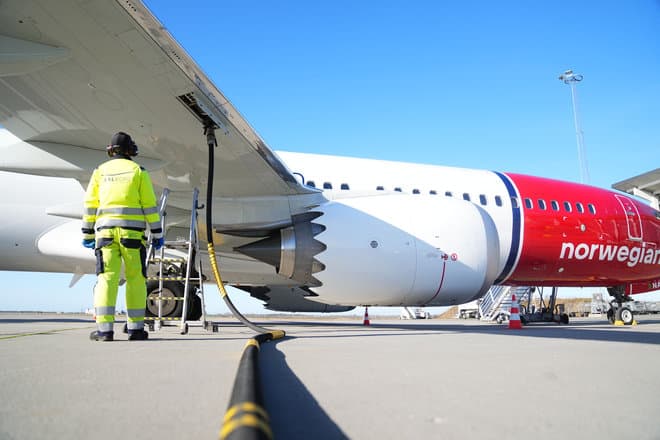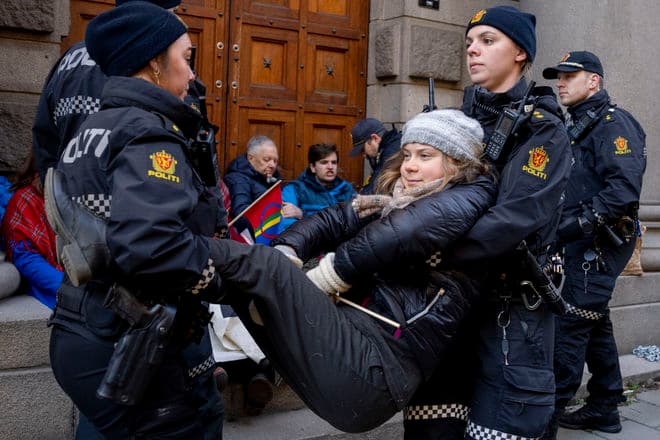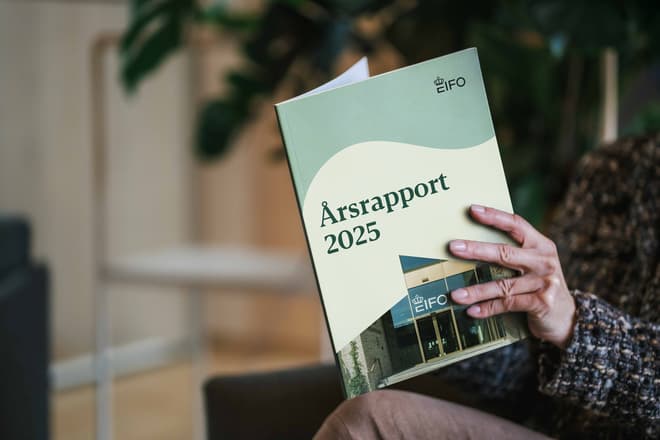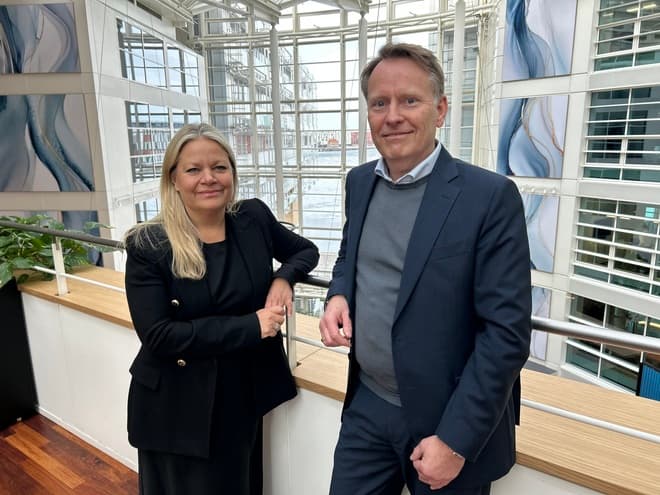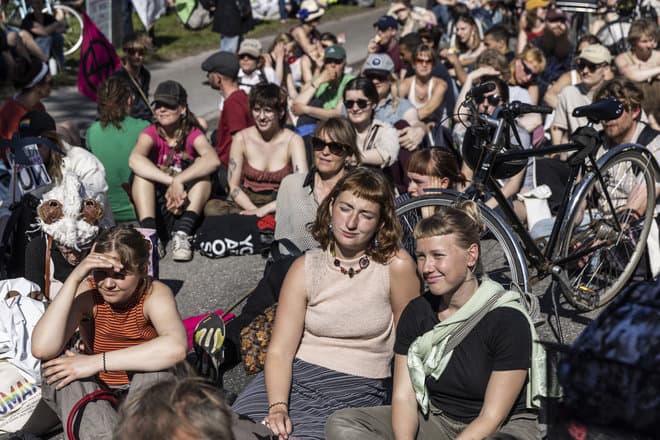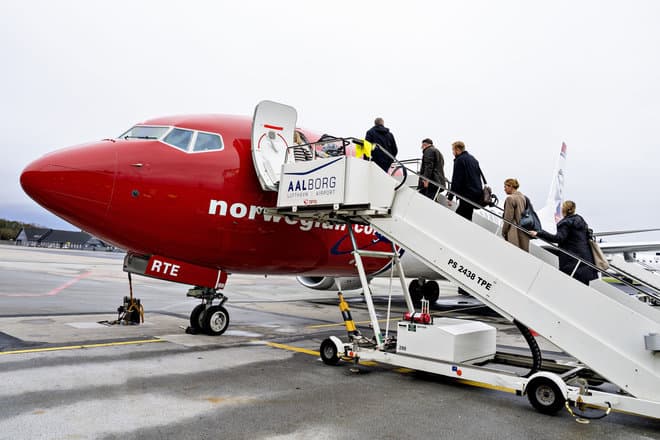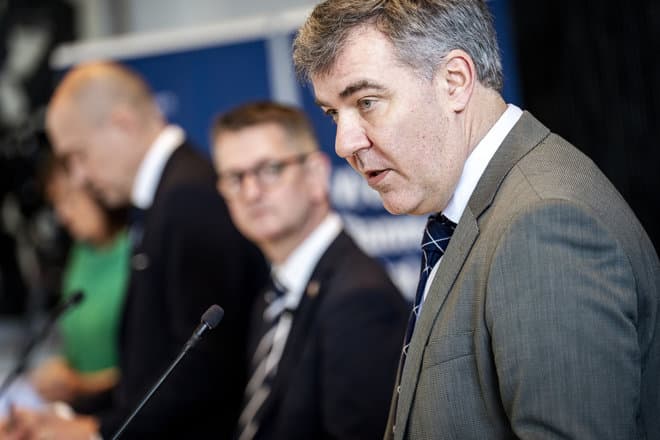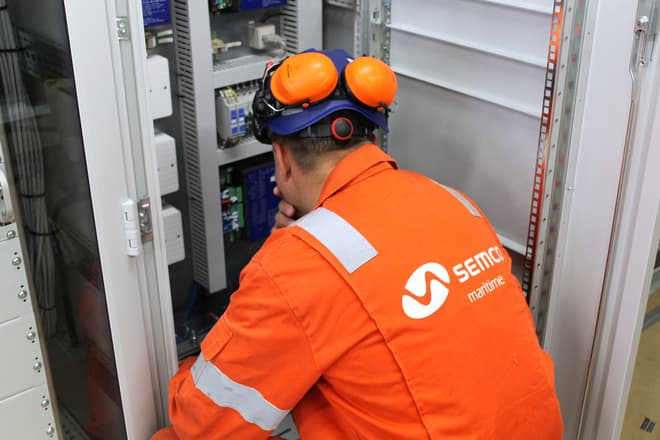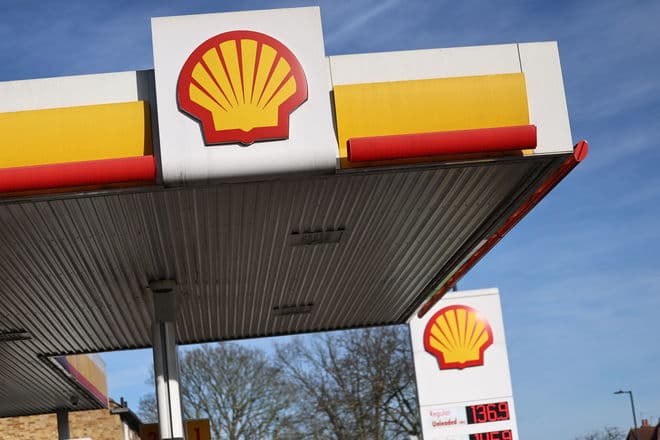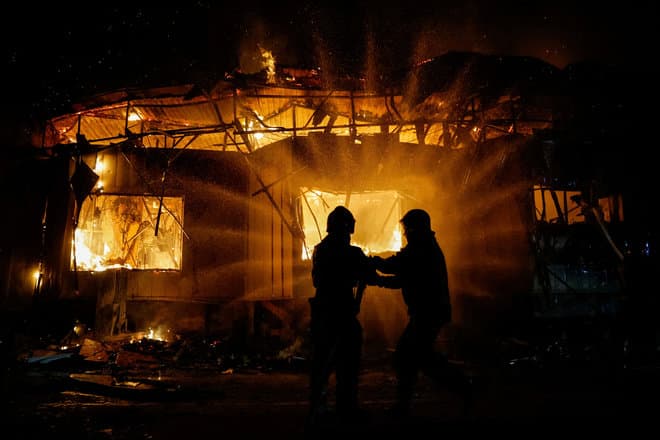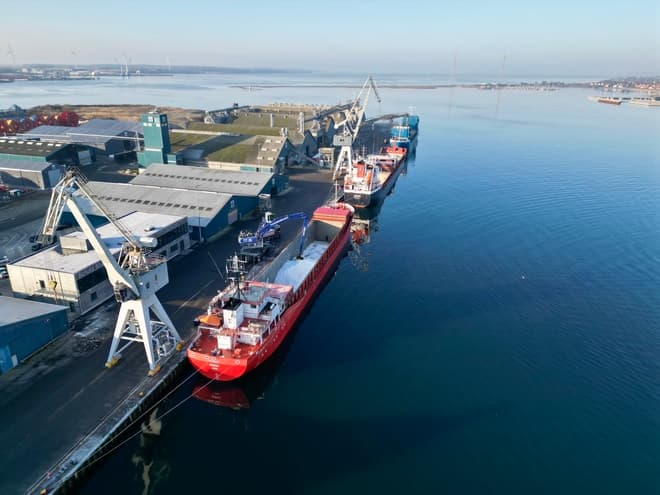
A stop to Russian oil comes at a price for European societies. But the price is higher for the Kremlin. That's according to EU Commission President Ursula von der Leyen.
She spoke at a congress in Frankfurt on Friday about the war in Ukraine, while EU ambassadors in Brussels are struggling to reach agreement on the sixth round of sanctions against Russia. The EU Commission has proposed a stop to the purchase of Russian crude oil within six months. And a stop to the purchase of refined oil products within nine months. But the proposal challenges several countries.
Both Hungary and Slovakia want a longer phase-in so that they can find alternatives to Russian oil. And they may be joined by the Czech Republic. At the same time, Greece is fighting to be allowed to continue transporting Russian oil to other countries with its container fleet. Even if it helps Russia to continue to make money from oil.
- I already said when presenting the proposal that it will not be easy to stop buying Russian oil. We need to find a balance so that it harms the Kremlin as much as possible and our society as little as possible, says Ursula von der Leyen.
The original aim was to reach an agreement on the sanctions package before the weekend. This happened peacefully with the fifth sanctions package, which addressed a halt to the purchase of Russian coal. But it is more difficult with oil. Russia accounts for around 25 percent of oil supplies to the EU, according to a statement from Eurostat. Therefore, the expectation is now that the negotiations can last into the weekend. However, the President of the European Commission is optimistic:
- I am sure that we will get the sanctions package in place. If it takes a day longer, then so be it. But we are moving in the right direction, says von der Leyen.
Bad signal with exceptions
So far, EU countries have agreed on the sanctions. Therefore, it would send a somewhat mixed signal if the EU now starts opening up exceptions so that some countries can continue to buy oil from Russia. It would also be a tempting example for other countries that might want exceptions, for example, if the EU starts sanctioning Russian gas.
The desire for exceptions could also quickly trigger a toxic debate about motives and responsibility. Hungary's Viktor Orban has been criticized for being too close to Putin and, among other things, saying no to the transport of military equipment to Ukraine through Hungarian airspace. So some EU countries may want to ask themselves what Hungary's motive for wanting to continue buying oil really is.
Hungary and Slovakia point to their heavy dependence on Russian oil and the countries' geography. Neither Hungary nor Slovakia has access to ports and therefore has more difficulty transporting alternatives to Russian oil. However, Ursula von der Leyen sees no alternative to a gradual phasing out of Russian energy.
- In the long term, we cannot continue to transfer money to Russia, given the country's values, says von der Leyen.
She also argues that the EU must reduce its dependence on Russian gas because Russia can no longer be considered a trustworthy partner.
Ritzau
Text, graphics, images, sound, and other content on this website are protected under copyright law. DK Medier reserves all rights to the content, including the right to exploit the content for the purpose of text and data mining, cf. Section 11b of the Copyright Act and Article 4 of the DSM Directive.
Customers with IP agreements/major customer agreements may only share Danish Offshore Industry articles internally for the purpose of handling specific cases. Sharing in connection with specific cases refers to journaling, archiving, or similar uses.
Customers with a personal subscription/login may not share Danish Offshore Industry articles with individuals who do not themselves have a personal subscription to Danish Offshore Industry.
Any deviation from the above requires written consent from DK Medier.

